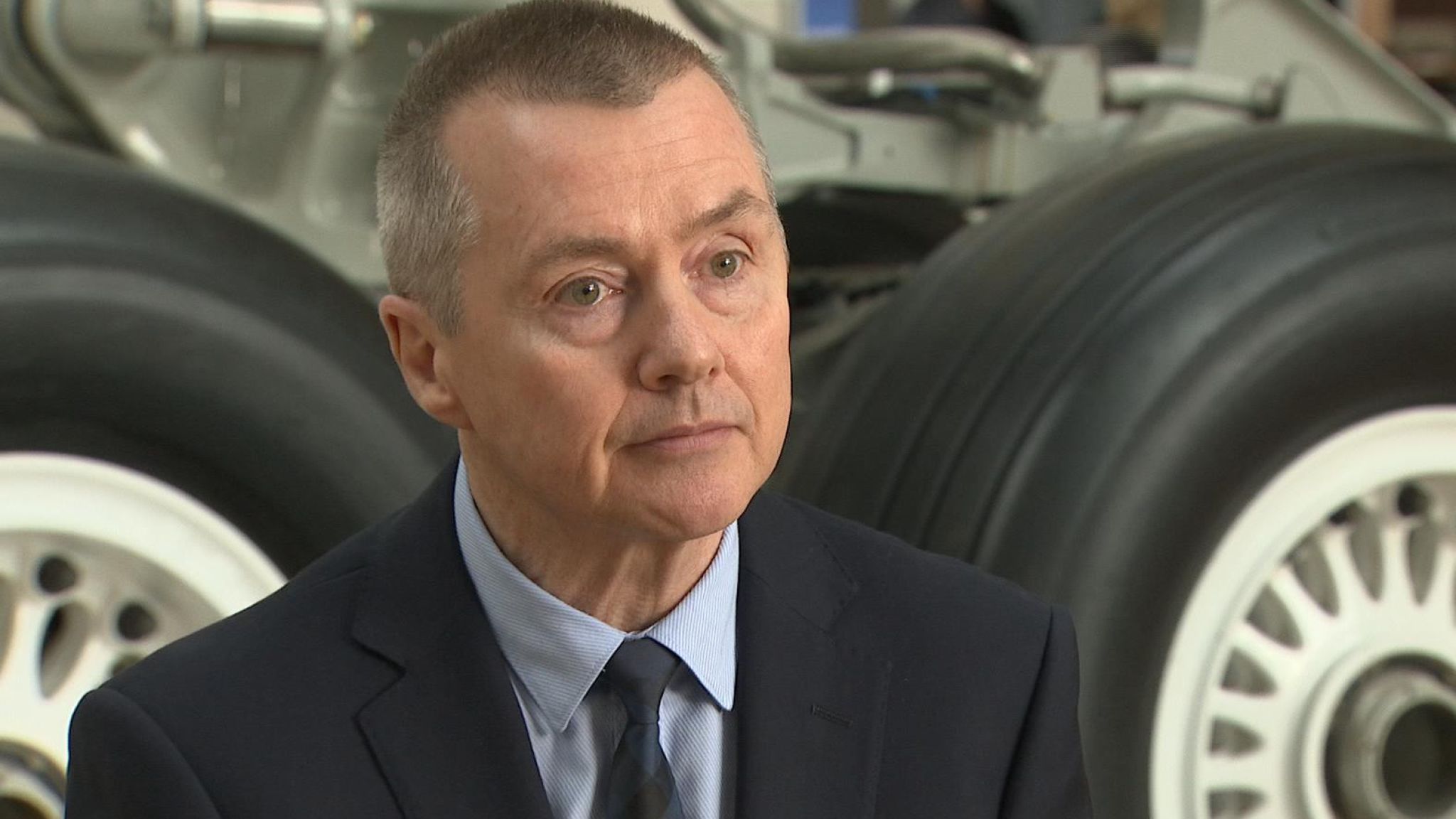The International Air Transport Association (IATA) said Europe's carriers will follow North America's airlines back to profitability next year in a piecemeal global recovery from pandemic-related travel restrictions.
"All regions’ financial performance continues to improve since the depth of the pandemic losses seen in 2020. North America is the only region to return to profitability in 2022, based on our estimates. Two regions will join ranks with North America in this respect in 2023: Europe and the Middle East, while Latin America, Africa, and Asia-Pacific will remain in the red," IATA said.
With North American airlines "benefiting from fewer and shorter lasting travel restrictions" than elsewhere, IATA said it expected region-wide profits of almost US $10 billion in 2022 and US $11.4 billion the year after. Demand growth projected at 6.4% would run ahead of expected capacity growth by 1%, however.
Across the Atlantic Ocean, projections were negative. Europe's carriers were "expected to see a loss of $3.1 billion in 2022" before a return to profit, albeit relatively low at US $621 million, in 2023, when expected passenger demand growth of 8.9% will outpace capacity growth of 6.1%.
According to IATA, Russia's invasion of Ukraine "has curtailed the activities of some of the region’s carriers", while "operational disruptions" and "labor unrest" have affected some airports.
Expected profits for airlines in 2023 would be "razor thin", according to IATA director general Willie Walsh, with inflation, including labour and fuel costs, expected to hit carriers hard, along with reduced demand for cargo work as shipping costs fall.
Airlines also face the expensive prospect of eliminating carbon emissions by 2050. "We’ll need all the resources we can muster, including government incentives, to finance this enormous energy transition", Walsh said, after slamming "onerous" regulations.
In a separate report, the IATA and management consultancy McKinsey said profitability "across the aviation value chain" can vary "widely by sector", meaning carriers will likely need to team up on data sharing and cutting emissions.

